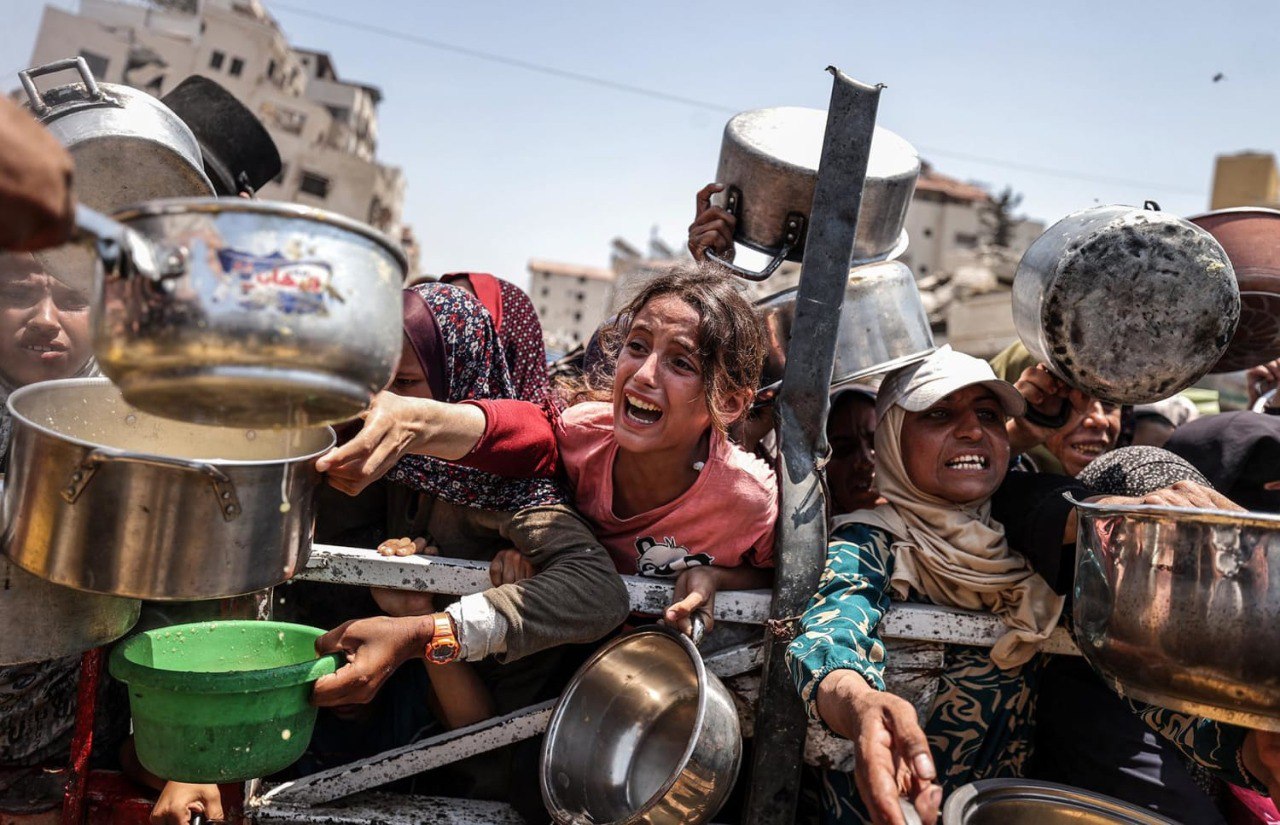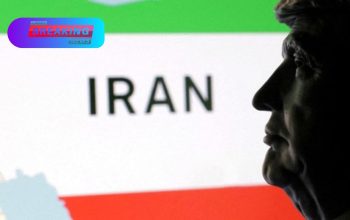The humanitarian situation in Gaza has reached a critical point, as the Gaza Hunger Crisis—severe food shortages—combined with an acute lack of humanitarian aid, is causing a tragic increase in death rates across the region. The Gaza Strip, home to nearly two million people, is facing an unprecedented crisis where essential resources such as food, clean water, and medical supplies are dangerously scarce.
Causes of the Gaza Hunger Crisis
The ongoing blockade and repeated conflicts have severely disrupted supply chains, making it nearly impossible for vital goods and aid to reach the population. Restrictions on imports and exports, along with damaged infrastructure from recent hostilities, worsen the scarcity of food and medical resources. These factors collectively fuel the Gaza Hunger Crisis, leaving many families struggling to secure daily meals.
Impact on Vulnerable Groups
Children, the elderly, and individuals with pre-existing health conditions bear the brunt of this crisis. Malnutrition rates have surged, resulting in increased susceptibility to diseases and weakened immune systems. Overwhelmed and under-resourced hospitals report rising numbers of deaths related to starvation and untreated illnesses.
International Response and Aid Obstacles
Despite numerous appeals by international organizations, aid deliveries to Gaza remain insufficient and are often delayed due to political and logistical barriers. Aid agencies warn that without immediate and sustained access to food and medical supplies, the death toll from the Gaza Hunger Crisis will continue to rise.
The Urgent Need for Sustainable Solutions
Humanitarian experts emphasize that resolving the Gaza Hunger Crisis requires more than temporary relief. It demands a coordinated international effort to lift blockades, repair critical infrastructure, and establish secure corridors for aid delivery. Only through sustained and comprehensive action can the cycle of hunger and death be broken in Gaza.
Conclusion
The Gaza Hunger starkly illustrates the devastating human cost of prolonged conflict and restricted access to humanitarian aid. Immediate, coordinated measures are essential to alleviate suffering and prevent further loss of life in one of the world’s most vulnerable regions.



